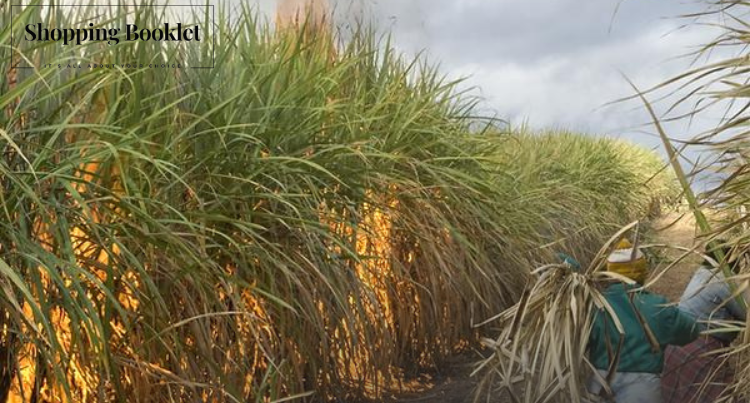Kidney Disease May Be Caused by Burning Sugarcane
According to a report published today in the American Journal of Kidney Diseases, burning sugarcane and rice husks may be emitting a toxin that causes a strange kidney ailment in agricultural workers.
Hand workers in hot agricultural communities around the world, particularly those on the Pacific coast of Central America, India, and Sri Lanka, have been linked to a continuing epidemic of chronic kidney disease. Researchers have discovered microscopic silica particles generated from sugarcane ash that can be inhaled or consumed through contaminated drinking water, causing persistent kidney injury, even though heat stress and climate change have contributed to this epidemic.
According to Jared Brown, PhD, a professor at the University of Colorado Skaggs School of Pharmacy and Pharmaceutical Sciences and one of the senior authors, “to date, there are no studies that have identified a toxicant that can cause chronic kidney disease which is actually present in kidney tissues of patients suffering from this unknown disease.” “These data offer a critical clue to the puzzle and imply that, in addition to heat stress brought on by climate change, the disease may also be exacerbated by toxicants from sugarcane ash.”
Results suggest that ash may be the reason.
Researchers from the University of Colorado Anschutz Medical Campus collaborated with medical professionals at Hospital Rosales in San Salvador, El Salvador, to assess individuals afflicted with this enigmatic chronic kidney disease. In comparison to patients with other known kidney disorders, the authors discovered a considerable increase in silica particles in the renal tissue of those suffering from this specific disease. According to the study, exposure to the amorphous silica nanoparticles found in sugarcane ash may be the cause of the illness. Because silica-containing ash can be released during the routine burning of rice paddies, this practice may also be connected to those who labor in these areas.
Richard Johnson, MD, a professor at CU Anschutz School of Medicine and one of the senior authors, said, “Even though this data is preliminary, we can determine that the burning of sugarcane may not only be contributing to climate change but it may have a role in the epidemic that has been affecting agricultural workers.” “This illness is one of the first that has been linked directly to global warming,” the statement reads. We now know that toxicants have a role as well. Hopefully, the research will increase attention to sugarcane burning as a possible risk factor for the enigmatic kidney illness that affects workers and residents around sugarcane fields.
SHOPPING BOOKLET
“Welcome to our Clothing Sales Shopping Booklet, your passport to discovering the latest in fashion without breaking the bank. Prepare to embark on a journey where style meets savings. We are excited to introduce you to a carefully curated collection of clothing that’s designed to elevate your wardrobe and your confidence. Our Shopping Booklet is your ultimate guide to shopping smart while looking your best. From everyday essentials to statement pieces, we’ve scoured the fashion world to bring you a selection that combines the best of style and affordability. You’ll find everything from casual comfort to chic elegance, all at prices that will leave you pleasantly surprised. Embrace the thrill of finding your next favorite outfit without the hefty price tag. Explore these pages, unveil incredible deals, and embark on a budget-friendly fashion adventure today.”



